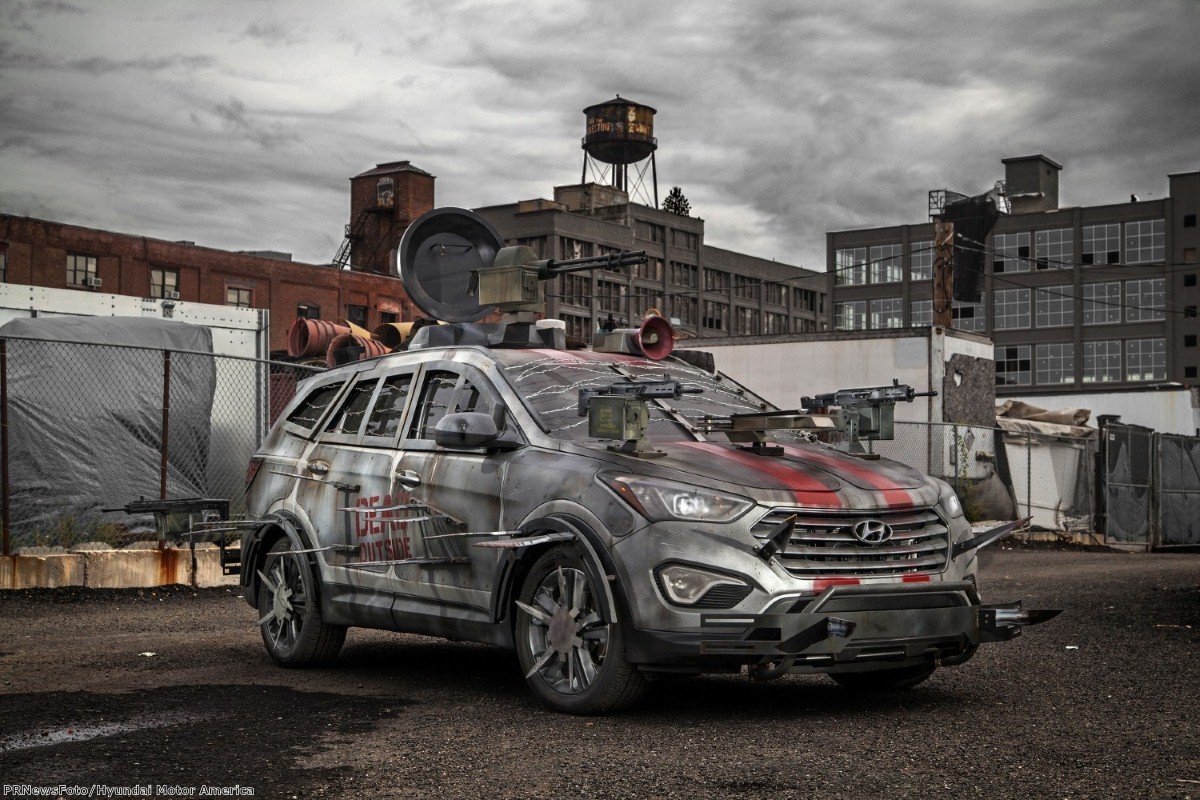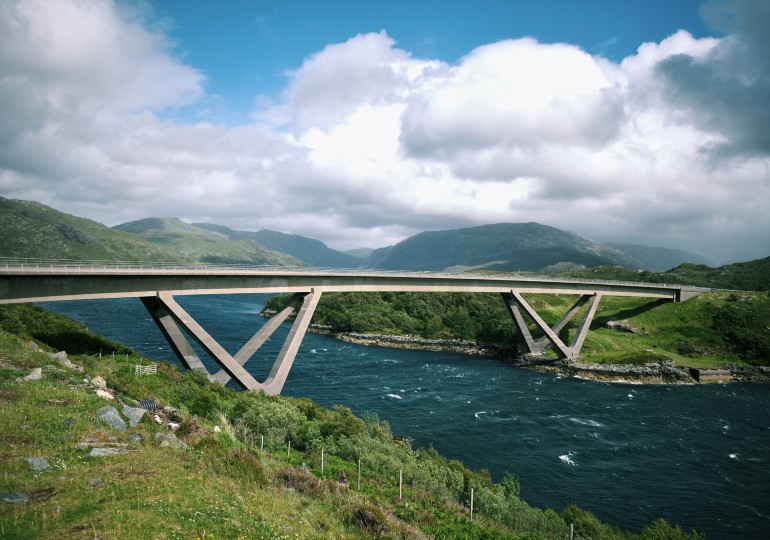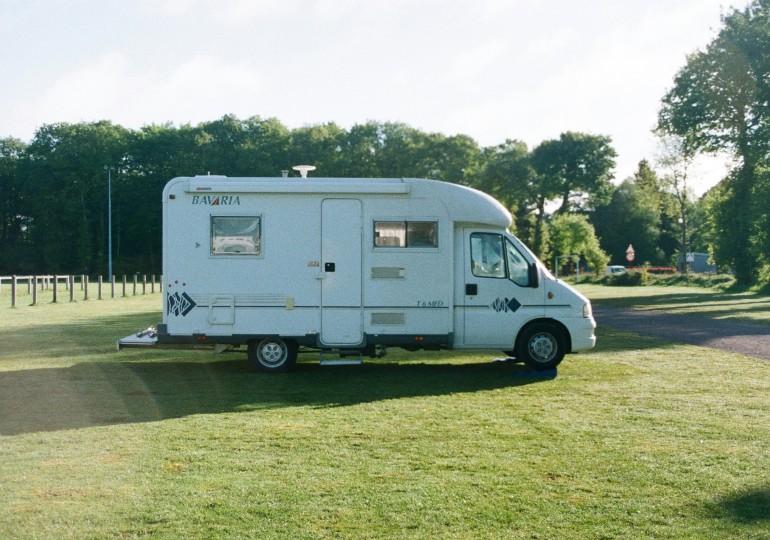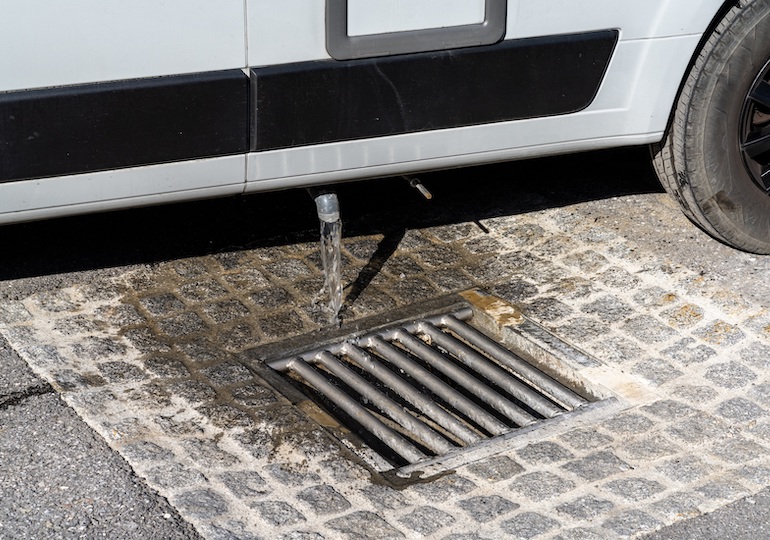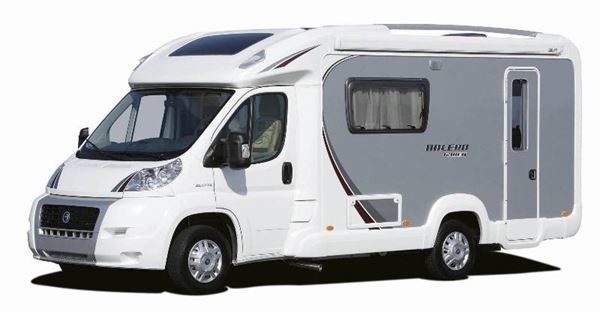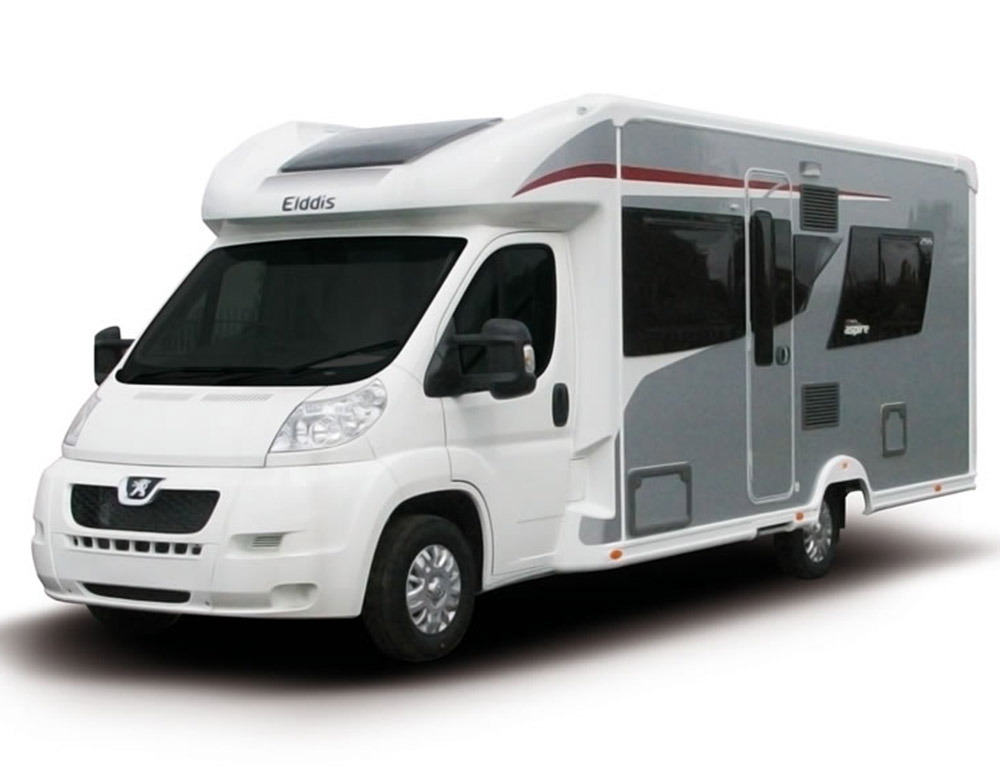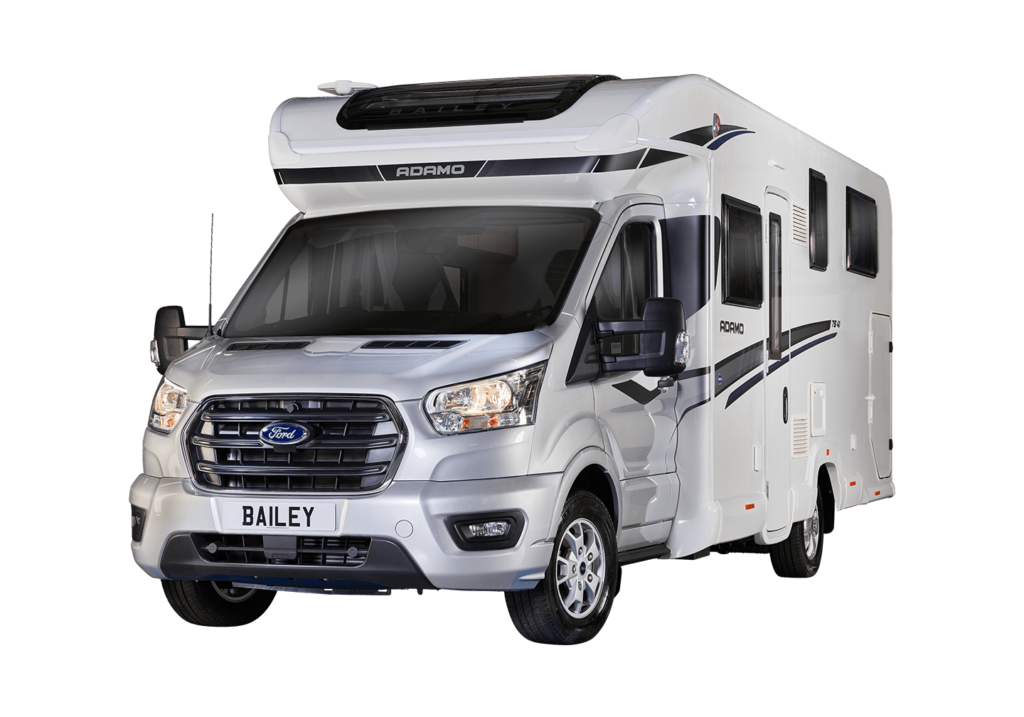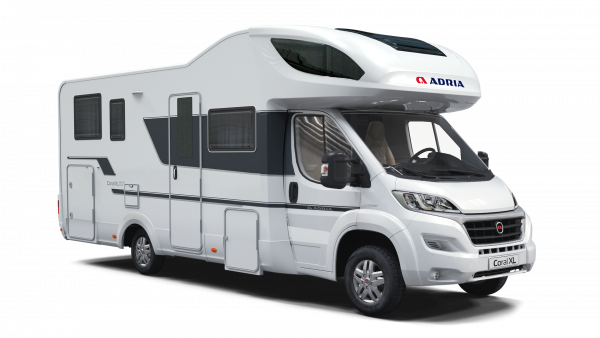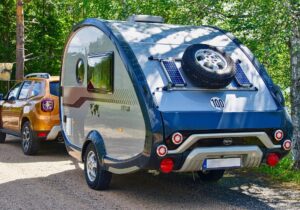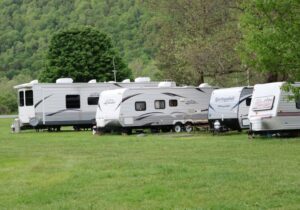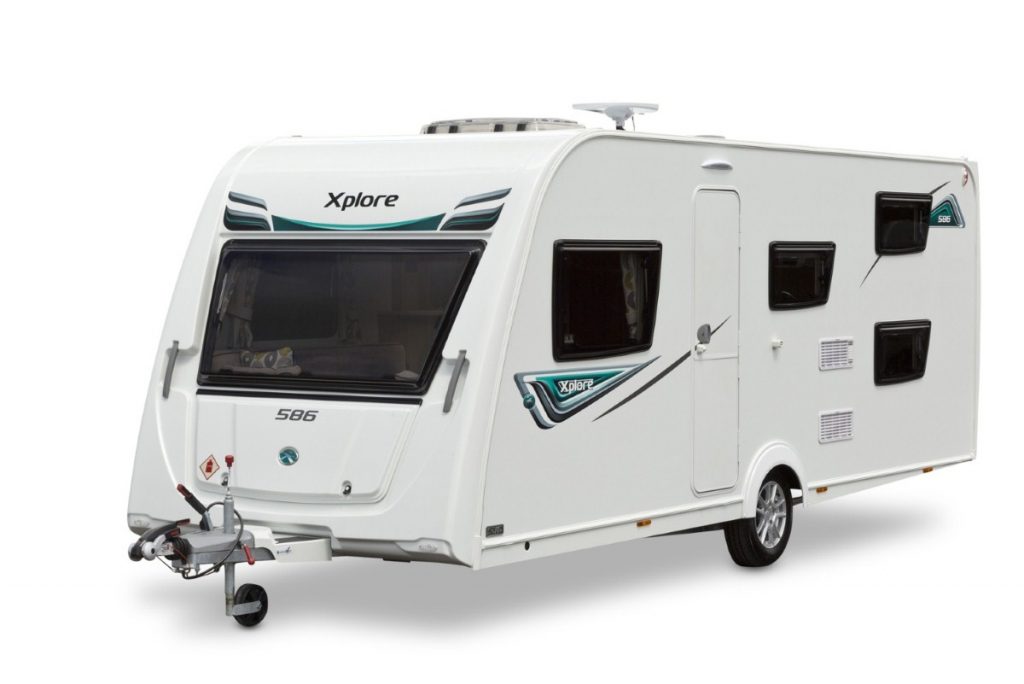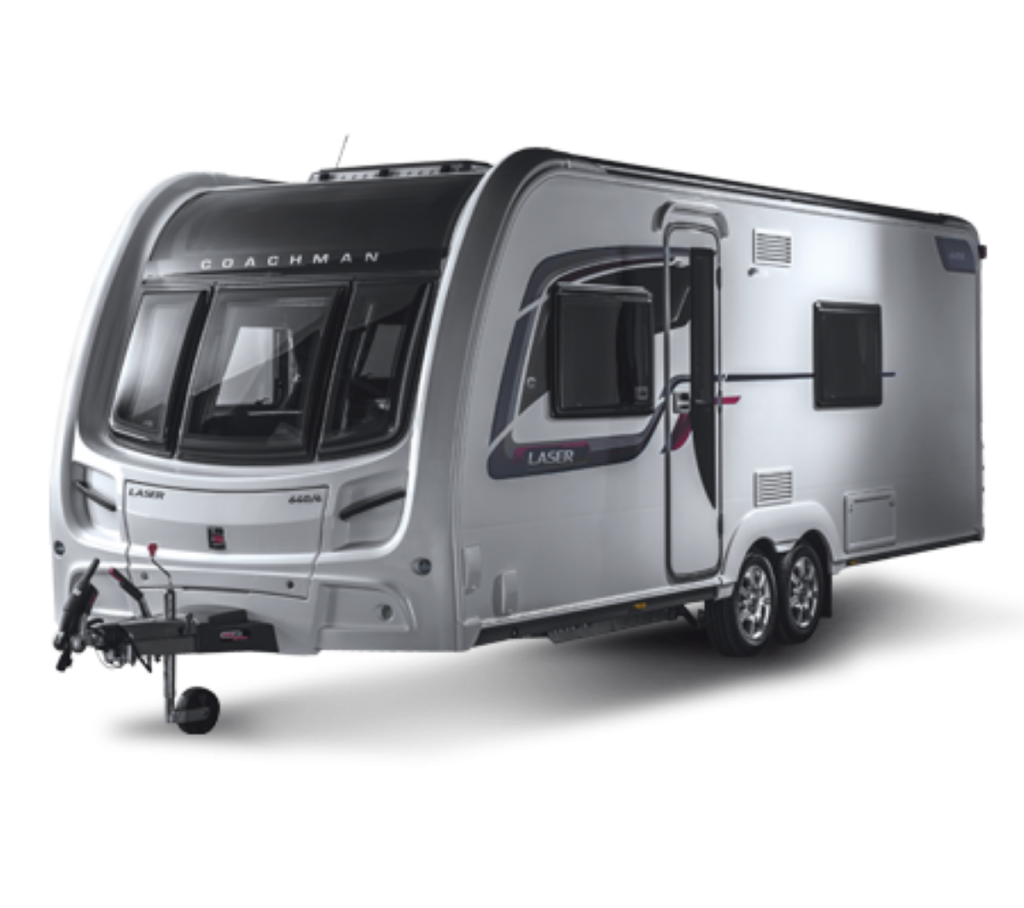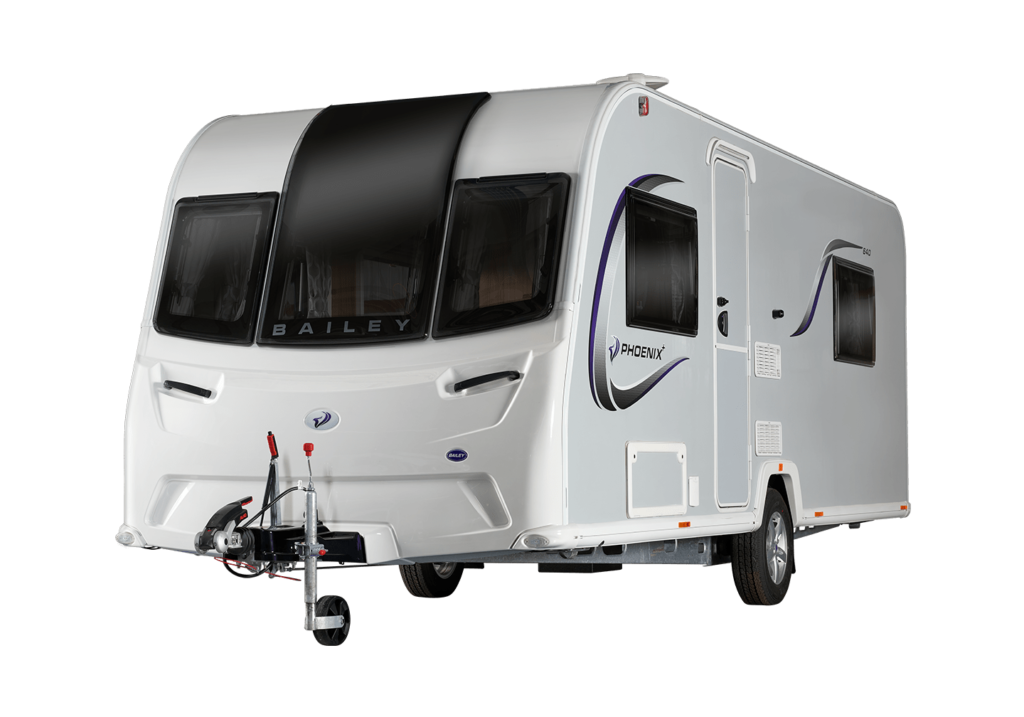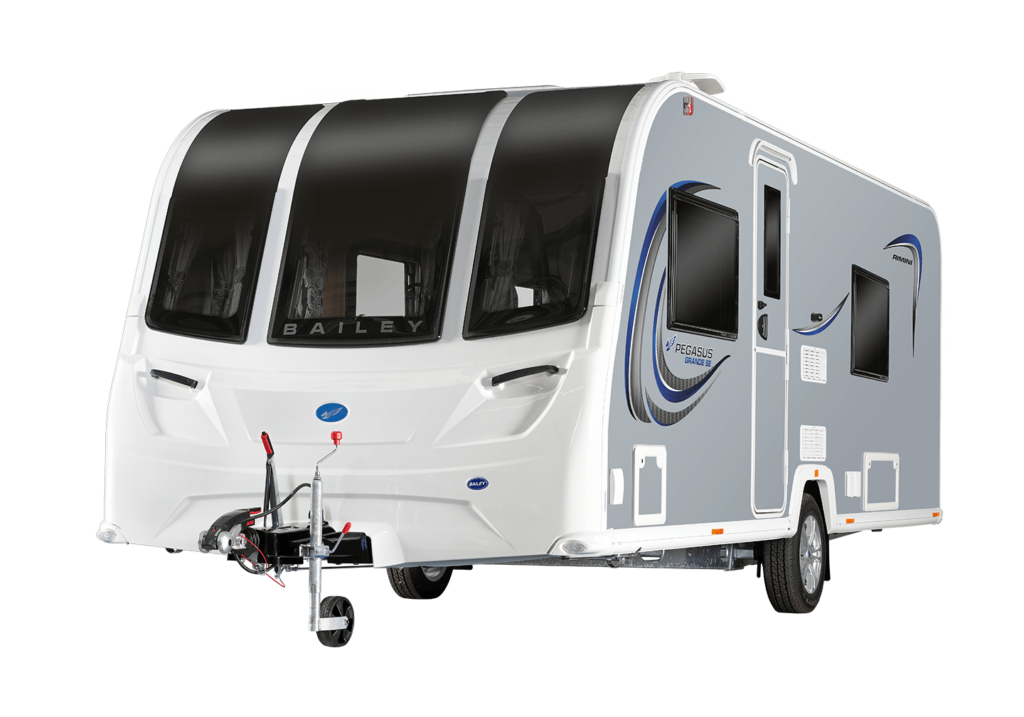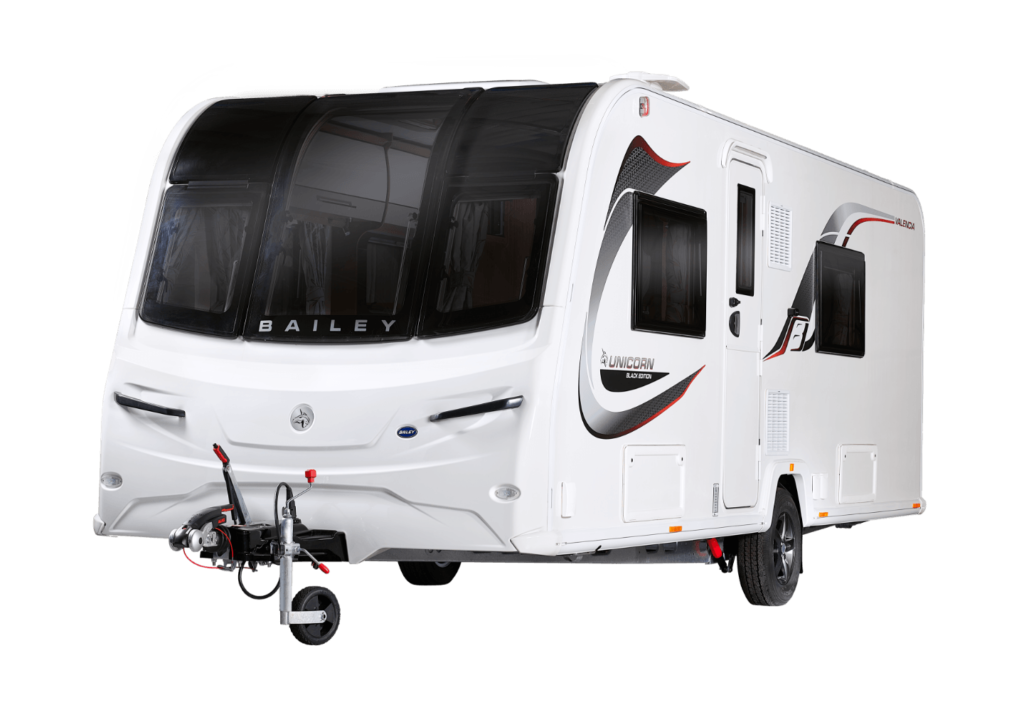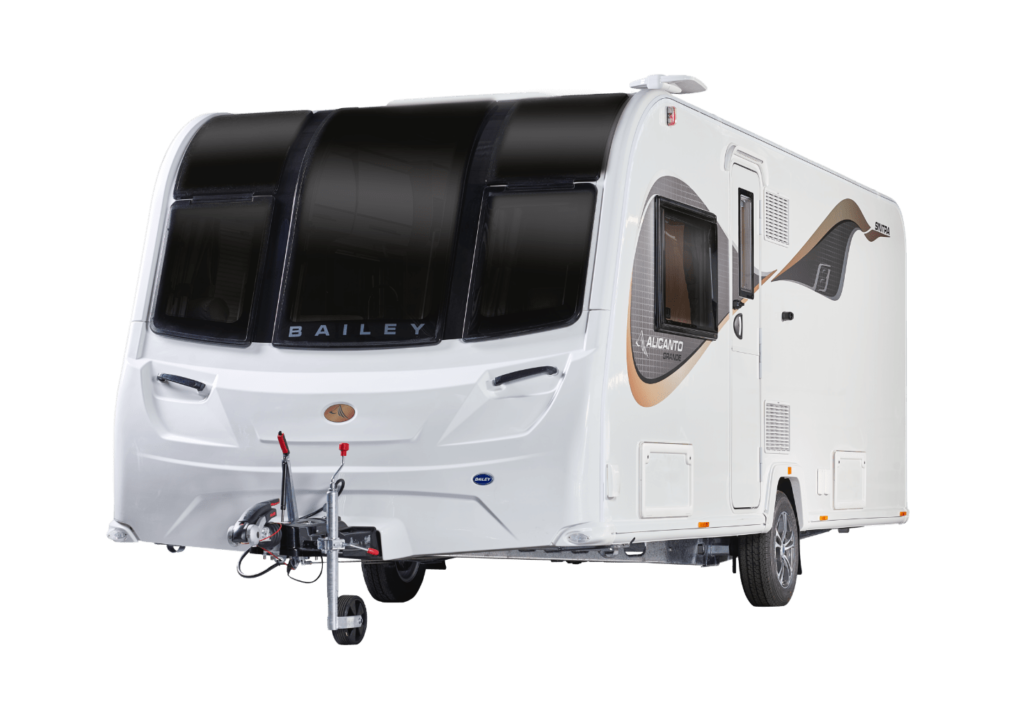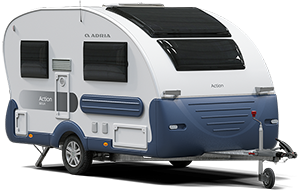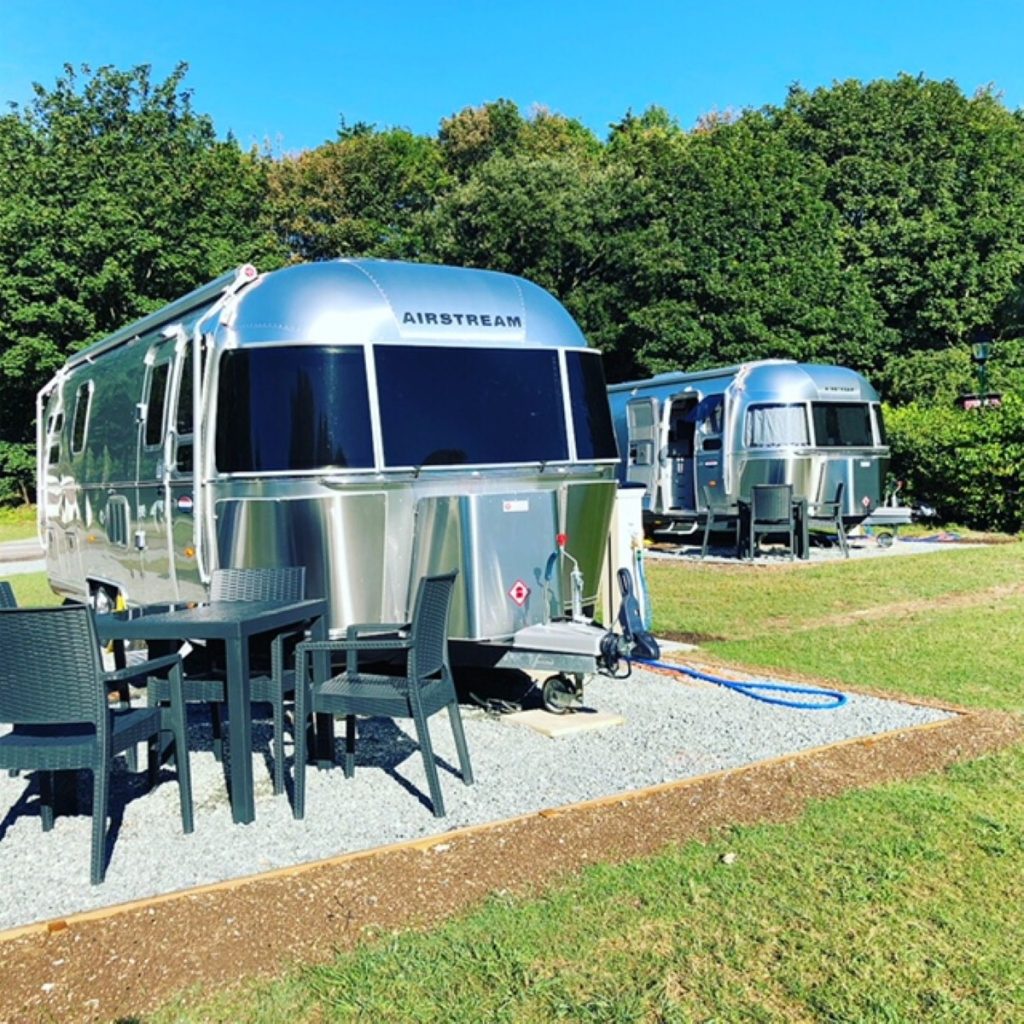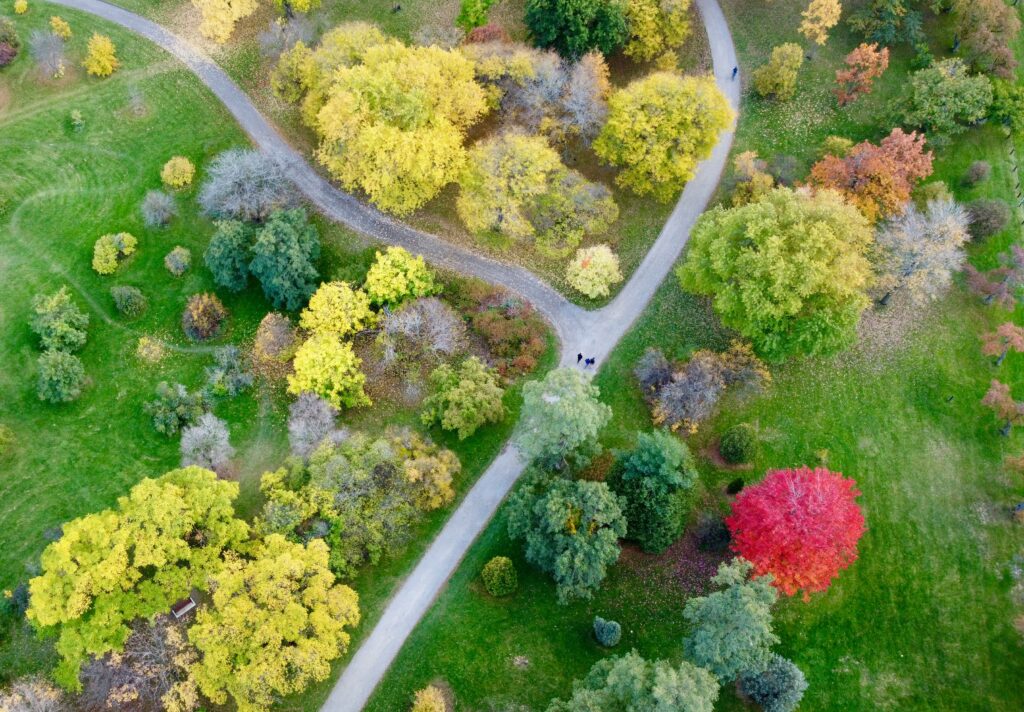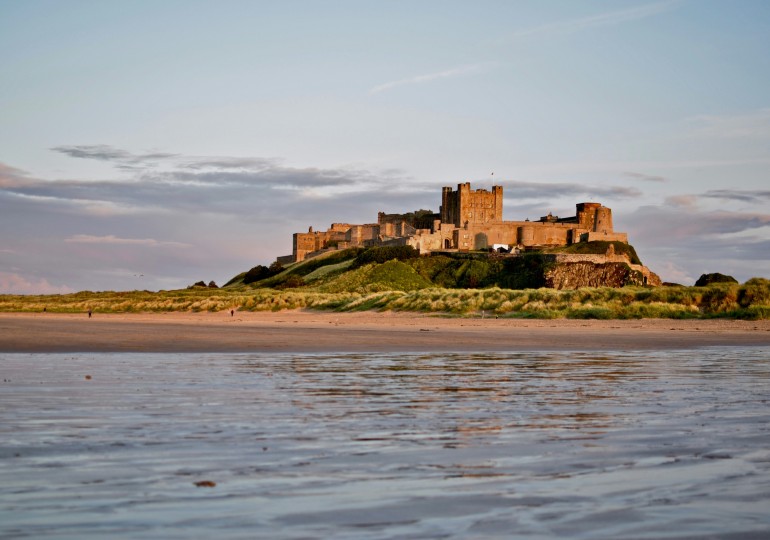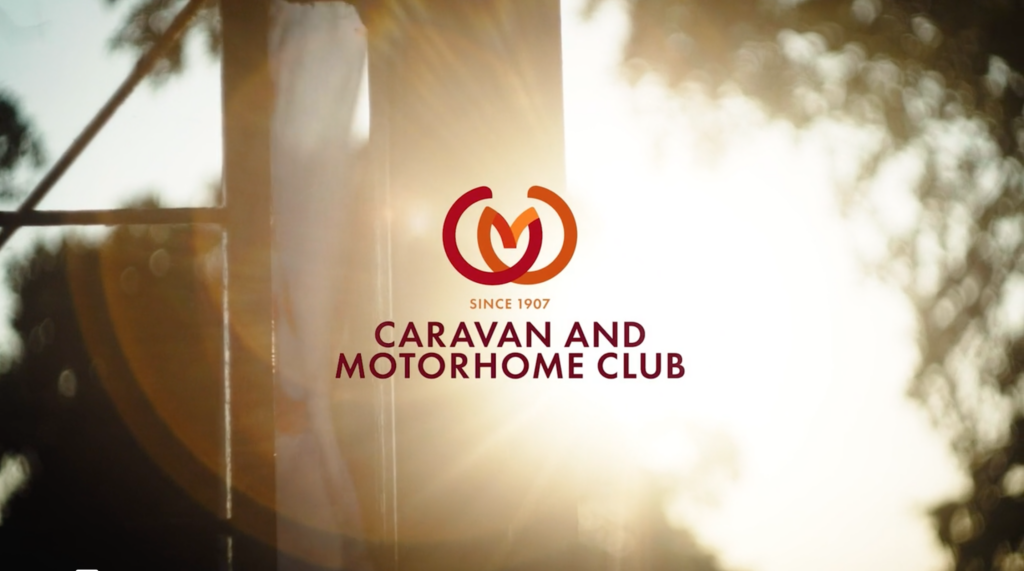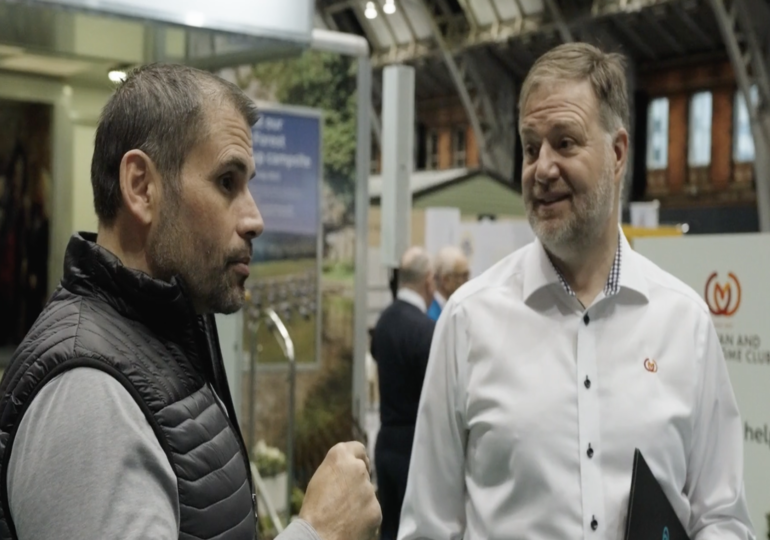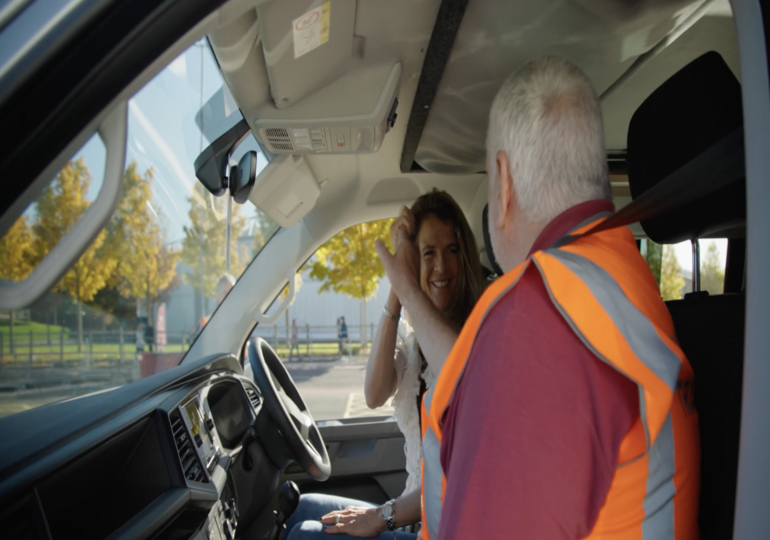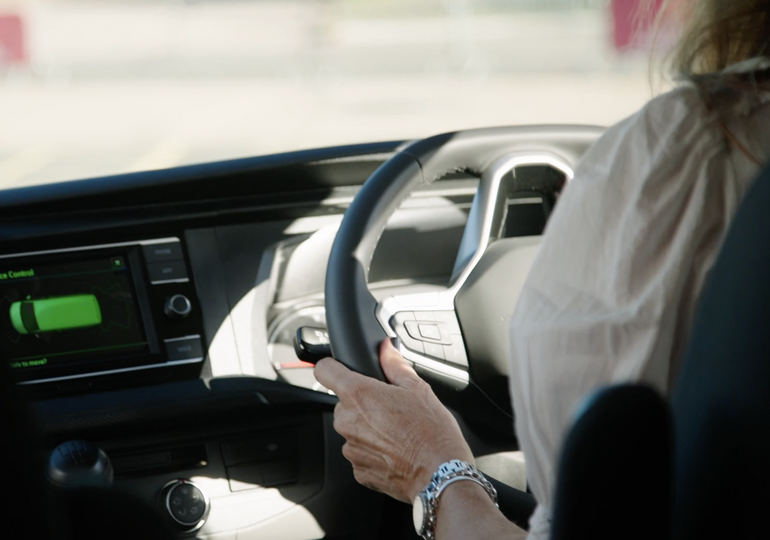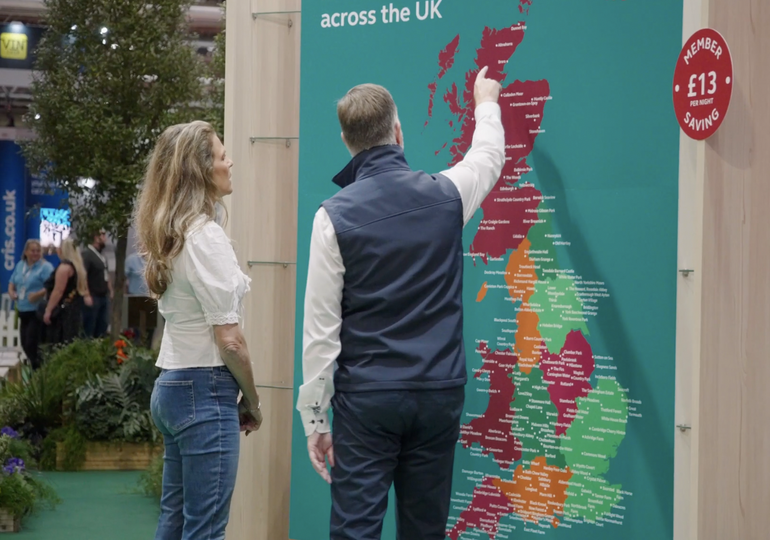By William Coleman
Who hasn’t had the old “could you survive” convo over a pint or while playing out and about when you were a kid? Following a conversation on just how stupid characters are in survival/horror/zombie films, the debate of who could last the longest in their caravan popped up. What follows is how we think we would survive in an apocalyptic event with a motorhome or caravan.
So you wake up on a Monday morning, the sun is beaming but as it would happen the world has been plunged into a zombie wasteland. What do you do? You hitch up and hit the road to find somewhere safe and wait for the whole thing to blow over, yes I just quoted Shaun Of The Dead.
So here are our top tips for surviving a rather non existent and impossible situation with your caravan or motorhome. This will also apply to “off grid” camping in the event that this totally unrealistic situation ever arises.
Plenty Of Fuel
Getting out of dodge and hitting the road will require a vehicle that gets really good mileage from a full tank, especially when towing.
A diesel tow car is always going to get you a lot more miles and any larger vehicle you may come across is likely to be diesel so you should be able to get your hands of a fair bit of extra fuel.
Fill up as many containers as you can and pack the car and van up with as much extra fuel as you can. You may have to remove a fair amount of weight from the caravan to make sure you are able to tow safely with the extra liquid weight aboard.
Pack Light
When towing you really need to focus on what kind of weight the caravan is loaded to. It comes down to what you are willing to remove. Can you get away with removing cupboards and fixtures to free up some weight for food, water and other essential supplies?
I feel that the temptation to over pack and take a lot of things that are pretty much pointless when it comes to survival will be pretty strong. It is here where you have to make the sacrifice of sentiment to ensure you can get away quicker when it hits the fan.
The more you can do without the more stable the towing will be and the more survival kit you can take with you.
Some Panel Reinforcement
If you have seen any survival film that is set in an urban landscape you’ll know what the best offence is a good defence.
Putting a layer or armour between you and some undesirables gives you extra defence and can massively reduce the risk the van’s chassis taking the impact and possible irreparable damage.
Not only will it protect the chassis but it will also make the vehicle looked a bit shabby in use, hiding in plain site.
Big Roof Box
If you do not want to over pack the caravan and potentially cause bad towing behaviour then a roof top box is ideal. The only real drawback of the roof box is the drag it can reduce a car’s mpg by up to 20 per cent, size and weight dependant, because the engine has to work harder to haul it around.
Depending on the additional life saving cargo the loss of the miles per gallon can be well worth it.
Also in the event that the caravan become detached, highly unlikely but we are talking about potential zombies here, then at least you have supplies in the roof box.
It would also be a good idea to look at what provisions you put whereas in the event of an accident or mishap you do not want to lose a bulk of your kit.
Specific Sat Sat
Satellite navigation systems are a godsend, hard to think how we did so well before we got them. In an event where you are escaping to the less populated countryside a normal bog standard sat-nav may not cut it due to the size of what you are hauling.
Invest in TomTom’s Go Camper, it may just save your life. This sat-nav has been created specifically for motorhomes and caravans. They take into account road width, tolls as well as caravan friendly routes.
The last thing you are going to want is to get stuck down a narrow country road and have to ask someone to hop out and see you back. It could make a nightmare journey a lot more pleasant.
Spare Tyres
A bit of an obvious one but spare tyres can make all the difference on an exodus out of danger. Come to think about it, I have seen plenty of people in real life not have spares and end up in a right mess on the side of the road.
In a world where tyres shops are going to be non existent pretty quickly you may want to pack heavy with some spares for both the caravan and towcar or motorhomes.
Also invest in puncture repair kit, just do not spend too long in the open sorting out the damage.
Solar Power & Batteries
I once had a power cut that started on a Friday morning and didn’t come back on until well into the evening. Being without power for around 12 hours really does prove just how utterly dependent we are on electricity.
In the event of a real world situation like this experts have said that running water and electricity are going to be one of the first things to go. Make sure that you have enough batteries and try to get your hands on solar panels.
Having solar energy will be the most important commodity you can get your hands on, apart from water purification equipment. A lot of modern vans do actually comes with solar panels already installed. If you are lucky enough to have them you are one step ahead of the rest.
Change Colour
Out of sight and out of mind is what you want to aim for when you need to stop for a break or an overnight stay. Do not be tempted to try and cover your set up with a tarp or some sort of cover as this is big bright sign showing something is being hidden.
An idea that was chucked around and seemed to be a popular one was painting the van. The two colour schemes were black, so it could be a bit stealthy at night, or a moss green to make it appear ruined and abandoned, or dare we say camouflaged. Both fairly good ideas in this pretend scenario.
So there you have it, a rather tongue in cheek article that was discussed heavily last Friday. What would you do in the event that where you live needed to be evacuated?

